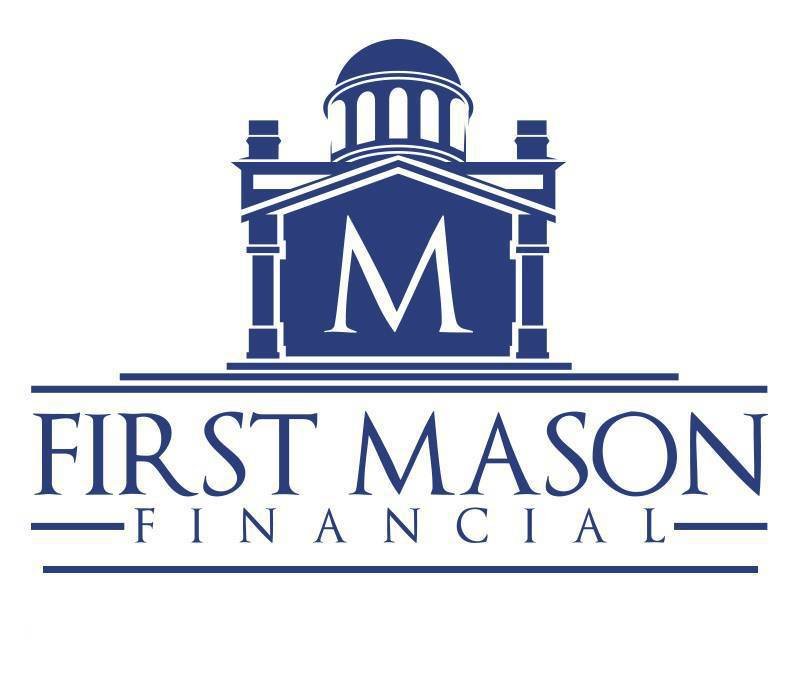Retirement Planning 101
According to the Merriam-Webster Dictionary, retirement is any of the following:
- An act of retiring: the state of being retired
- Withdrawal from one’s position or occupation or active working life
- The age at which one normally retires
Fun fact: More than 50 percent of workers retire at 62 years old or earlier despite full Social Security not being available until age 67.
Retirement planning is more than just preparing to leave work; it is also about planning for the next phase of your life. How do you want to spend your retirement? Will you downsize your home? Will you take up new hobbies? Will you work part-time? As you can see, retirement planning can and should consider all aspects of your life.
If you need help planning for your retirement, we can help. Explore our retirement planning section to get up-to-date information about where you stand, a retirement budgeting worksheet, a retirement expense worksheet, inflation, part-time work in retirement, debts in or just before retirement, and primary residence improvements before retirement.
The first step in planning for retirement should always be an evaluation of where you stand. You’ll develop a retirement plan by first doing a few easy steps to determine your financial status.
Step 1. Know Your Net Worth
Lay out all major assets and liabilities.
Assets
- Brokerage accounts – stocks/mutual funds
- CDs
- Money market accounts
- IRAs, 401(k)s, etc.
- Employer pension plans (lump sum values)
- Roth IRAs
- Real estate
Liabilities
- Credit card debts
- Loans – personal
- Loans – auto
- Mortgages – both first and second
- Other debts
Step 2. Create a Checklist Evaluation
- Do I have sufficient emergency cash on hand or available in short order?
- Do my assets exceed my liabilities?
- Do I have a plan in place for all liabilities to be eliminated by retirement?
- How much is wasted in finance charges?
- Are my assets allocated appropriately for someone who is preparing for retirement? Does my risk need to be reduced?
- What are my fixed monthly expenses?
- What are my cash flow needs?
Average Spending During Retirement
According to the Bureau of Labor Statistics, the average percent spending by category for those aged 65 to 74 is:
- Housing 32%
- Transportation 17%
- Food 13%
- Healthcare 12%
- Other 11%
- Entertainment 6%
- Pensions or Retirement Savings 6%
- Clothing 3%
How Much Money Do I Need?
Once you determine where you stand, you can move on to the final step: determining how much money you’ll need during your retirement. If you need help with any of the steps listed above, our financial advising office is here for you.
Retirement budgeting is one of the most important aspects of retirement planning. Why? Developing a rock-solid retirement budget will help you achieve financial stability and an enjoyable retirement. It will also help you avoid spending too much of your retirement income. If you need help developing your retirement budget, you came to the right place. Use our retirement budget calculator to determine your monthly income.
Determine Your Monthly Income
Retirement Nest Egg
After determining your retirement budget, it is time to start investing for your retirement. If you haven’t started investing or want to diversify your portfolio, our financial advising office can help.
Retirement Expense Worksheet
We’ve made calculating your retirement expenses a piece of cake with our easy-to-use worksheet. Use it to track your monthly spending and determine how much income you’ll need to live comfortably in retirement. Fill in your information below to get your retirement expense report in five minutes or less.
Retirement Expense Reporting
After inputting all of your expenses, add up the dollar amounts to determine your monthly expenses. Next, multiply the monthly income by 12 to determine your yearly expenses. This total plays a vital role in determining how much money you need during retirement.
Retirement Investments
Regardless of your total expenses, it’s important to make wise investment decisions. Our financial advising office can help you achieve financial health and wealth before and after retirement.
Inflation
Put simply, inflation is a general increase in prices that reduces the purchasing power of money.

Example:
I used to order from the local pizza shop named Derby’s. That small pizza with one topping was $4.25. An inflation calculator using the U.S. Inflation Index will give me the price of that pizza in today’s dollars:
- $4.25 in 1990 is equal to $8.34 in 2019
The truth is, I am still an avid consumer of pizza. In fact, I get a small Neapolitan pizza with one topping each week after my yoga class.
- Pizza Fire (one small pizza with one topping) = $9.49
If I had stashed $1,000 in cash in 1990 and I used the money to buy pizza in 2019, I’d get less than half the pizza. So again, inflation is the cost of a good rising over time.
How to Measure Inflation
The United States measures inflation via the consumer price index (CPI) basket of goods. The CPI calculates inflation (or deflation) every month. There are over 200 CPI categories; let’s take a look at few:
- Food & Beverages
- Housing
- Apparel
- Transportation
- Medical Care
- Recreation
- Education & Communication
- Others – smoking, haircuts, etc.
Why Is the CPI So Important?
CPI is important because it’s a shorthand for the state of the economy. For example, the lower the inflation rate, the less money you need to pay for essentials. The opposite is true for rising inflation rates. CPI is also important for the following:
- Collective bargaining agreements use the CPI to determine the pay increases for their covered workers.
- Social Security payments adjust to match the COLA (Cost of Living Adjustments) based on CPI.
- Costs of federal lunch programs in schools across the country are tied to CPI.
- Many other things, like rent costs, royalties, alimony, etc., are based on CPI.
Invest to Prepare for Inflation
Inflation essentially eats away at your money, which is exactly why you must invest in assets that grow faster than inflation.
Part-Time Work in Retirement
As you near retirement, you may wonder if you should get a part-time job. Are you someone that can’t sit still for too long? Do you want extra income for necessities and leisure activities? Or do you want to get out of the house and maintain a social life? If you answered yes to any of those questions, a part-time job may be perfect for you.
Bear in mind that part-time work doesn’t have to be boring or low-paying employment. Retirees play an important role in the workforce, and there are a lot of ways to work a flexible schedule while still enjoying retirement.
The Gig Economy
It may come as a surprise but, in the free market system, temp positions are very common. It’s 2019, and let’s face it, the gig economy is alive, well, and growing. For example, Uber Eats, DoorDash, and other new food delivery systems are taking off, which creates an opportunity for those who retire but need to keep active while simultaneously adding cash flow to their retirement budget.
Part-Time Work or Investing
If part-time work during retirement does not sound appealing, consider investing. Our financial firm helps clients achieve financial health and wealth with our simple investment tools.
Retirement Debt 101
This should come as no surprise, but you should never take on debt in retirement without a really good reason, since you will no longer have full-time employment to pay for the new debt. So, retirement is not the time to take on any debt, other than on very short terms. If you must acquire debt, it’s critical to have a payoff plan in place. But also keep in mind you’ll have a fixed income in retirement, and it is important to keep within a monthly budget.
Avoid Debt During Retirement
One way to avoid debt during retirement is to create a diversified portfolio of assets. These assets can be used in case of an emergency for extra cash flow or income. You can grow or start establishing these assets in five minutes or less with our virtual financial investment tool. Learn more and start planning for a carefree retirement.
Primary Residence: Retirement Tips
Before you retire, it’s a good idea to look around your primary residence. Are there any improvements or efficiencies that you can implement now? Look for big-ticket items that might hit you in the next few years. For example:
- How’s the roof? Siding? Gutters?
- Any remodel projects you’ve put off?
- Driveway in good condition?
- Windows in good condition?
- Furnace in good shape? Energy-efficient?
- Water tank – consider a tankless water system.
- Any property drainage issues?
The bottom line is to create a checklist of potential big-ticket items to plan for so they won’t blindside you while you’re on a fixed income in retirement.
Start Building Your Retirement Income
It’s never too early or too late to start planning for retirement. From growing your assets to decreasing your liabilities, our financial firm can help take the stress out of financial planning.
Install The FMF365 App Today!
Get personal finance guidance on the go! Earn your first VDcoin by sending a screenshot to dan@firstmasonfinancial.com!
